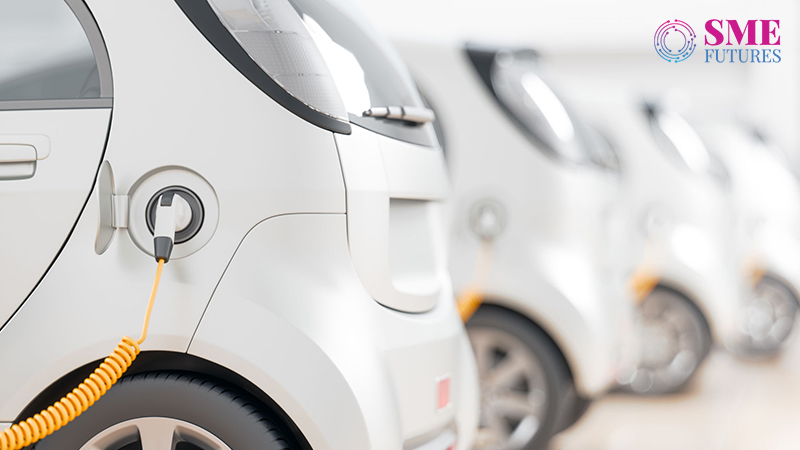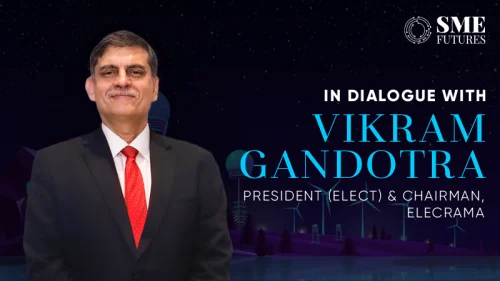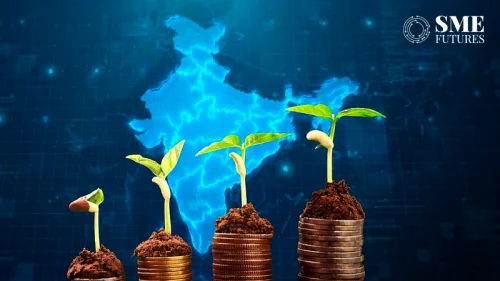India has a total of 13.34 lakh electric vehicles while the number of non-electric vehicles stood at 27.81 crore, informed Minister of State for Heavy Industries Krishan Pal Gurjar.
In a written reply to a question in the Lok Sabha Gurjar said the centre is taking a number of steps to promote use of electric vehicles in India.
The government introduced the Faster Adoption and Manufacturing of (Hybrid and Electric Vehicles in India (FAME India) scheme in 2015 with an aim to reduce dependency on fossil fuels and address issues of vehicular emissions.
At present, Phase-II of FAME India Scheme is being implemented for a period of 5 years w.e.f. 1st April, 2019 with a total budgetary support of Rs 10,000 crore.
The Government on 12th May, 2021 approved a Production Linked Incentive (PLI) scheme for manufacturing of Advanced Chemistry Cell (ACC) in the country in order to bring down prices of battery in the country. Drop in battery price will result in cost reduction of EV.
Electric vehicles are covered under Production Linked Incentive (PLI) scheme for Automobile and Auto Components, which was approved on 15th September 2021 with a budgetary outlay of Rs 25,938 crore for a period of five years.
GST on electric vehicles has been reduced from 12 per cent to 5 per cent; GST on chargers/ charging stations for electric vehicles has been reduced from 18 per cent to 5 per cent.
Also Read: One in two cars sold will have electric powertrain by 2030: Report
The Ministry of Road Transport & Highways (MoRTH) announced that battery-operated vehicles will be given green license plates and be exempted from permit requirements.
MoRTH issued a notification advising states to waive road tax on EVs, which in turn will help reduce the initial cost of EVs.











